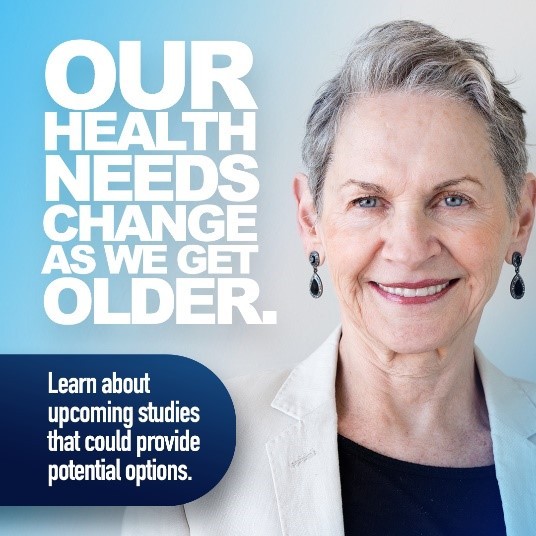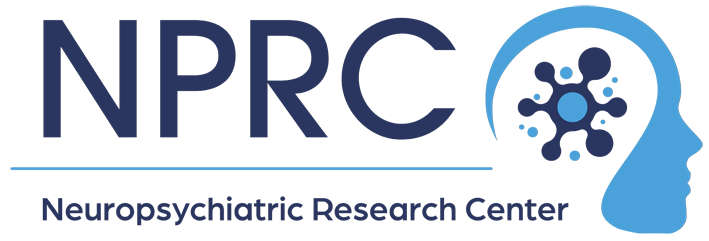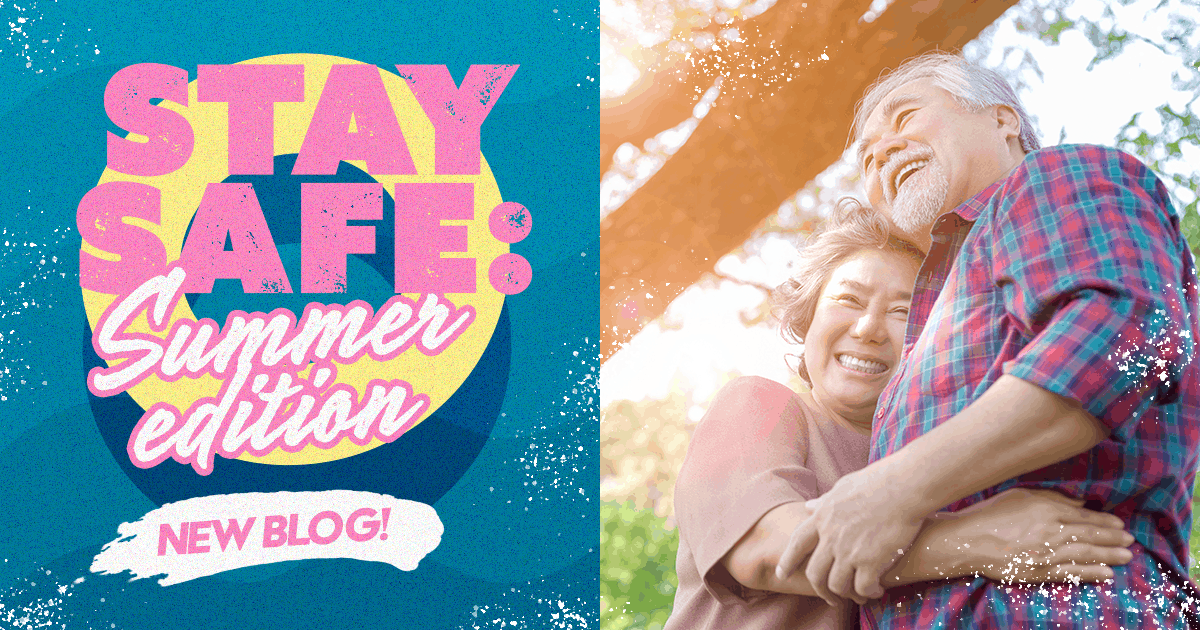Prolonged exposure to excessive heat can be a problem for anyone. For older adults and those with chronic issues, the risk is even higher. Heat-related illness is a real danger and older adults need to be proactive and take the proper precautions when the temperature is above 80°. Here are some tips for staying safe this summer.
Staying Cool When it’s too Hot

It’s easy to forget the basics when you are caught up in all of the summer fun. Here are some helpful reminders to keep in mind:
- Sunburn– Don’t get burned by the sun. Liberally apply a broad-spectrum sunscreen with an SPF 15 or higher when outside. Reapply as directed and still use on cloudy days. Try to stay out of direct sunlight.
- Air Conditioner– Stay in air conditioned space as often as possible. If you don’t have an air conditioner, public places like the senior center, mall, and public libraries are a great option in the hottest hours of the day. Remember to stay safe and keep your social distance.
- Hydrate– Drink plenty of water and clear juices to stay hydrated. Alcohol and caffeine have the opposite effect and make you lose water by urinating more.
- Clothing– Wear light, loose-fitting clothing to keep cool.
Health Problems Caused by Heat
Talk with your health care provider about your medications and which ones have adverse effects when it comes to being in the heat for prolonged periods. Some side effect can make you very sick, so planning careful planning is needed. Below are some other heat-related health issues to be on the lookout for:
- Heat Stroke– Body temperature of 104 or higher. Red, hot, and dry skin; a fast pulse; headache; dizziness; nausea or vomiting; confusion or lethargy; and passing out. Heatstroke gradually happens over a few days.
- Dehydration– Weakness, headache, muscle cramps, dizziness, confusion, and passing out.
- Heat Exhaustion– Body temperature is anywhere between 98.6 and 104. Heavy sweating or no sweating, muscle cramps, tiredness, weakness, paleness, cold or clammy skin, dizziness, headache, nausea or vomiting, fast and weak pulse, fainting.
A Cool Intervention

Although things may seem to get a little harder as you get older, there are still many things you can do proactively. Your cognitive health and advancing the future of medicine are some of the many ways you can give back and control your health. To learn more about participating in clinical research studies or scheduling your free memory screen at NPRC, call (239) 939-7777, or click here.
Reference:
https://www.healthinaging.org/tools-and-tips/hot-weather-safety-tips-older-adults





